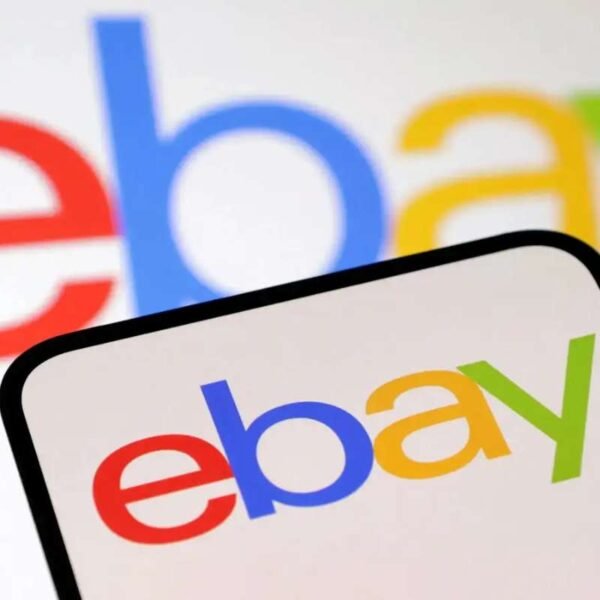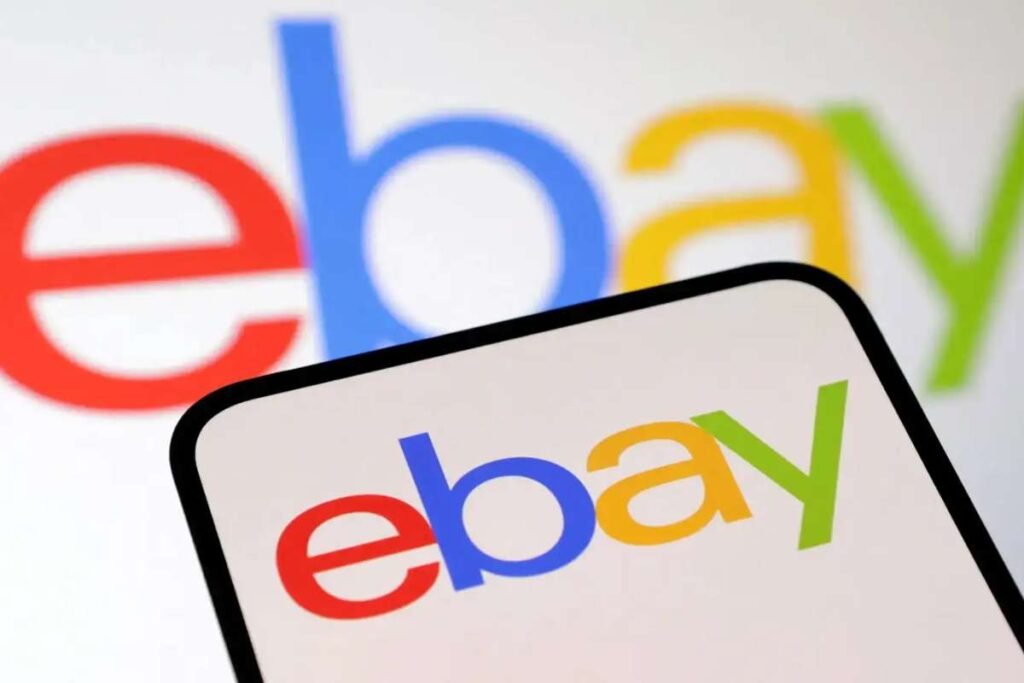Outsourcing has become a popular business strategy that can help companies save costs, increase efficiency, and focus on core competencies. Outsourcing product or order fulfillment is a common practice that allows companies to leverage the expertise of third-party providers to manage inventory, pick and pack orders, and handle shipping and returns. However, choosing the right partner to outsource your product or order fulfillment is crucial to the success of your business. In this article, we will discuss the key factors to consider when choosing the right outsourcing partner for your product or order fulfillment.
Here Are 7 Key Factors for Choosing the Right Outsourcing Partner for Your Product:
1. Define Your Business Needs
The first step in choosing the right outsourcing partner is to define your business needs. Before you start looking for a partner, you should have a clear understanding of what you want to achieve through outsourcing. This includes your goals, objectives, and the specific services that you require. You should also consider your budget and timeline for outsourcing.
For instance, if you are a small business that is just starting out, you may want to outsource your order fulfillment to a third-party provider that can help you manage inventory, pick and pack orders, and handle shipping and returns. On the other hand, if you are a larger business that has a global presence, you may require a partner that can offer more sophisticated supply chain management solutions, such as global logistics and customs clearance.
2. Look for Relevant Experience and Expertise
When choosing the right outsourcing partner, it is important to look for relevant experience and expertise. You should look for a partner that has experience in your industry and has a track record of delivering high-quality services. This will ensure that your outsourcing partner understands your business needs and can provide you with the right solutions.

For example, if you are in the healthcare industry, you may want to look for a partner that has experience in managing medical products, such as pharmaceuticals and medical devices. This will ensure that your outsourcing partner understands the regulatory requirements and can provide you with the right solutions to manage your inventory and supply chain.
3. Evaluate the Partner’s Infrastructure and Technology
The infrastructure and technology of your outsourcing partner play a critical role in the success of your outsourcing venture. You should evaluate the partner’s infrastructure, including their warehouses, equipment, and transportation network, to ensure that they can meet your needs. You should also evaluate the partner’s technology, including their inventory management system and order management system, to ensure that they can provide you with real-time visibility into your inventory and orders.
For example, if you require real-time visibility into your inventory levels, you may want to look for a partner that uses an inventory management system that provides you with up-to-date information on your inventory levels. This will allow you to make informed decisions about your inventory and prevent stockouts.
4. Consider the Partner’s Capacity and Flexibility
Capacity and flexibility are important factors to consider when choosing the right outsourcing partner. You should evaluate the partner’s capacity to handle your business needs, including their ability to manage your inventory, pick and pack orders, and handle shipping and returns. You should also consider the partner’s flexibility, including their ability to adapt to changing business needs and handle peak periods.

For example, if you are a seasonal business that experiences high volumes of orders during certain times of the year, you may want to look for a partner that can handle peak periods and provide you with the flexibility to scale up or down your operations as needed.
5. Assess the Partner’s Quality Control Measures
Quality control is a critical factor to consider when outsourcing your product or order fulfillment. You should assess the partner’s quality control measures, including their processes for inspecting and verifying the quality of your products, as well as their procedures for handling returns and exchanges.
For example, if you are in the fashion industry, you may want to look for a partner that has quality control measures in place to ensure that your products are delivered to your customers in good condition, free from defects or damages. This will help you maintain the quality of your brand and ensure customer satisfaction.
6. Look for Cost-Effective Solutions
Cost is an important factor to consider when outsourcing your product or order fulfillment. You should look for a partner that offers cost-effective solutions that meet your business needs and budget. However, you should also be cautious of partners that offer significantly lower prices than their competitors, as this may be an indication of lower-quality services.
For example, if you are a small business that is just starting out, you may want to look for a partner that offers affordable solutions for managing your inventory, picking and packing orders, and handling shipping and returns. You may also want to consider partnering with a local provider to minimize transportation costs.
7. Check for References and Reputation
Finally, you should check for references and reputation when choosing the right outsourcing partner. You should look for partners that have a good reputation in the industry and have a track record of delivering high-quality services. You should also check for references from other clients to get a better understanding of the partner’s performance and reliability.

For example, you can ask the partner to provide you with references from other clients that are similar to your business. You can also check online reviews and ratings to get an idea of the partner’s reputation and customer satisfaction levels.
BOTTOM LINE
Choosing the right outsourcing partner for your product or order fulfillment is critical to the success of your business. By defining your business needs, and evaluating the partner’s experience, infrastructure, capacity, quality control measures, cost-effective solutions, and reputation, you can make an informed decision and choose a partner that can help you achieve your business goals. Remember to carefully evaluate each factor and weigh the pros and cons of each partner before making a decision. With the right outsourcing partner, you can streamline your operations, improve efficiency, and focus on your core competencies.










